Those for whom culture has been a long-term emotional
investment feel they know what true culture is, and know that it is a thing of
supreme value. But when we try to define it we end up like the poet Matthew
Arnold who, in a celebrated essay, Culture and Anarchy, published in 1865,
wrote of culture as “the best that has been thought and said.” To which the
obvious response is: in what respect and in comparison with what? And what’s
wrong with second best?
We cannot lay down a law for popular taste or forbid people
to enjoy what appeals to them – not unless we can find some serious moral
argument that would justify censorship. But there are certain general
principles that everyone can assent to. For example, we all recognise the
difference between means and ends. We know that we choose the means to our
ends, but also that we choose our ends. We are active guardians of our own
lives, aiming not just to hit the target that we have chosen, but also to
choose the right target. How do we learn to do that? The answer is culture –
both the culture of everyday life and the “high” culture, as it is sometimes
called, in which life becomes fully conscious of itself as an object of
judgment. The arts form the core of high culture: it is why we teach them, and
why we encourage people to take an interest in them. They are doors into the
examined life and, as Socrates famously said, “the unexamined life is not a
life for a human being.”
Roger Scruton
Roger Scruton

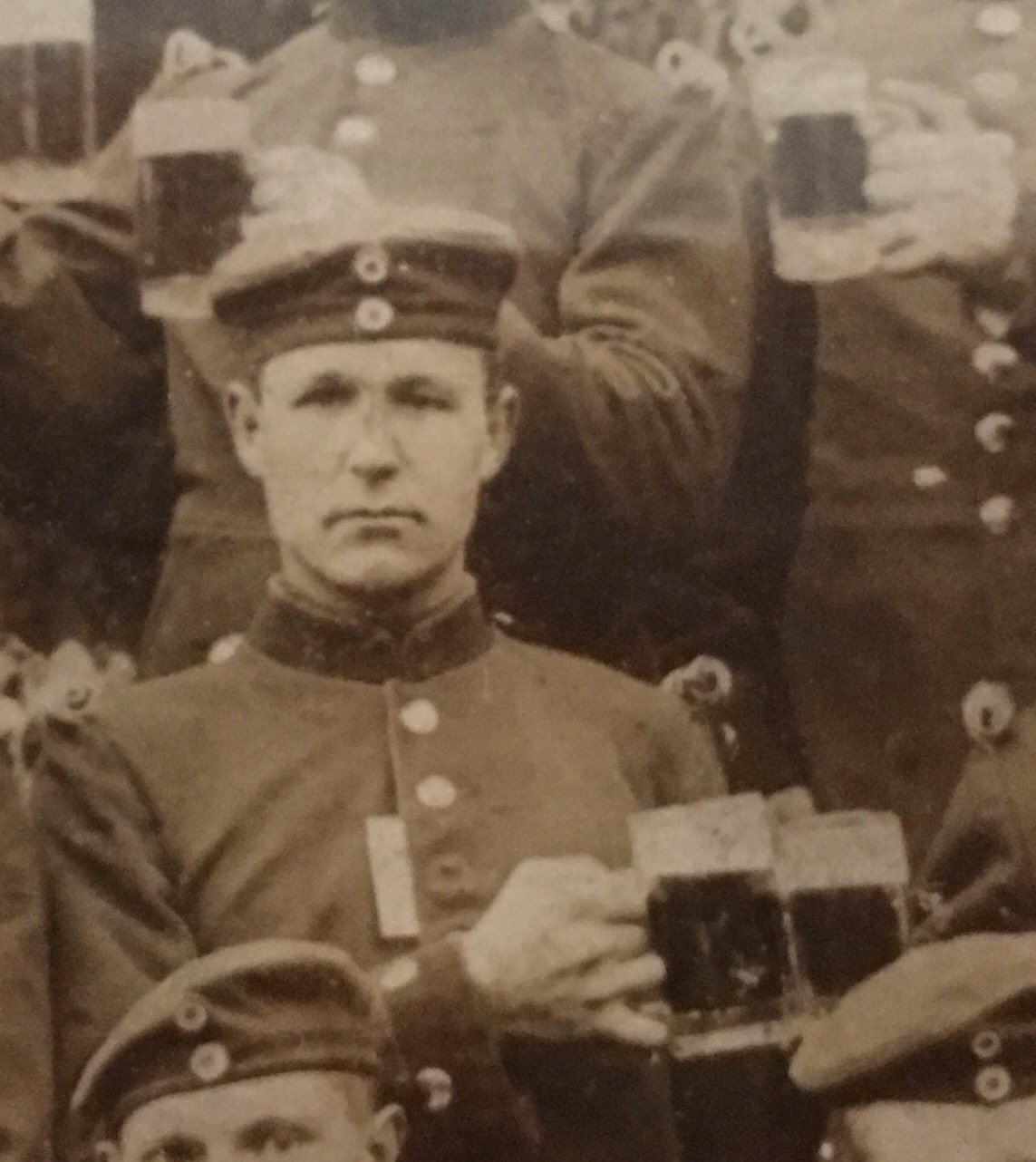








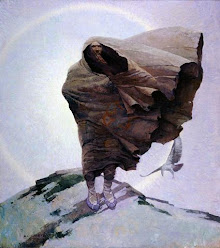














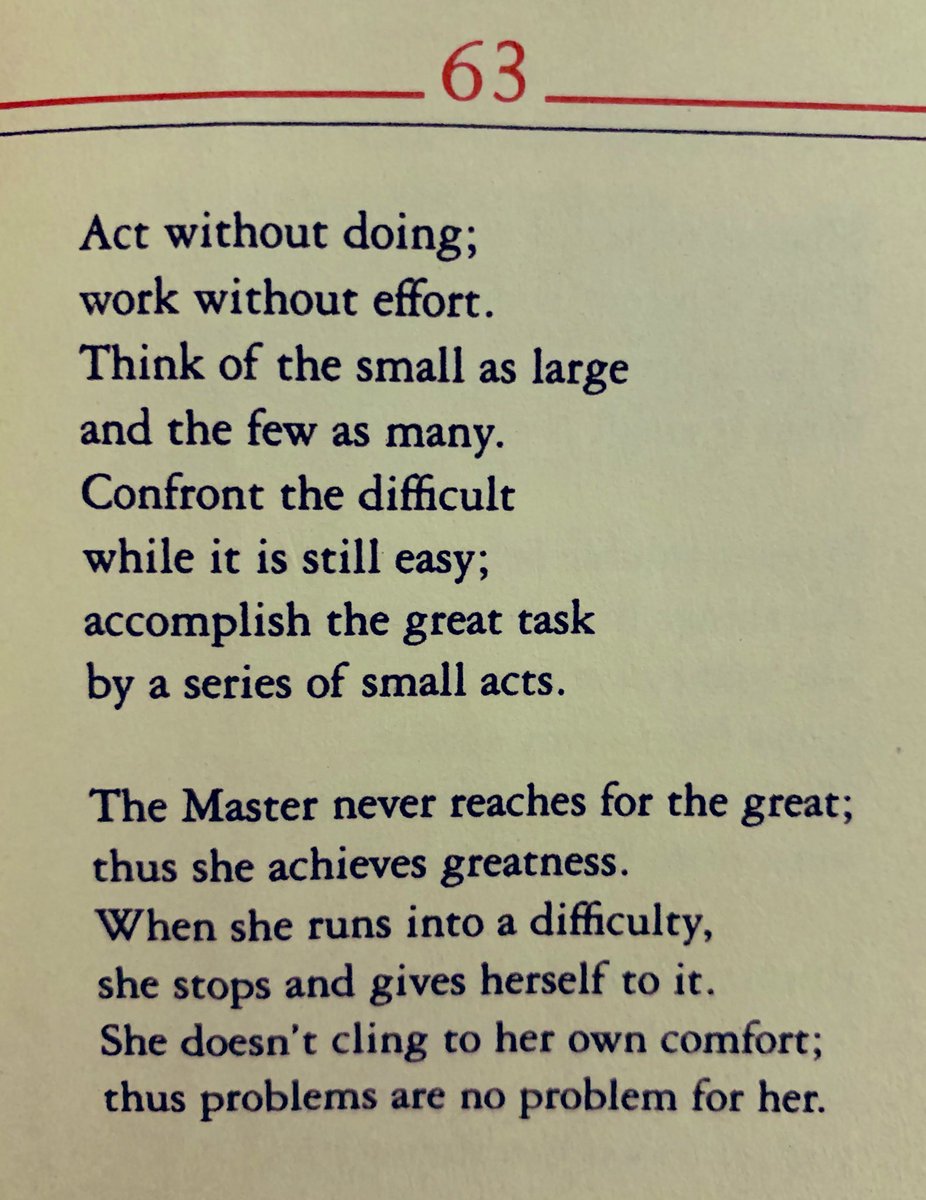









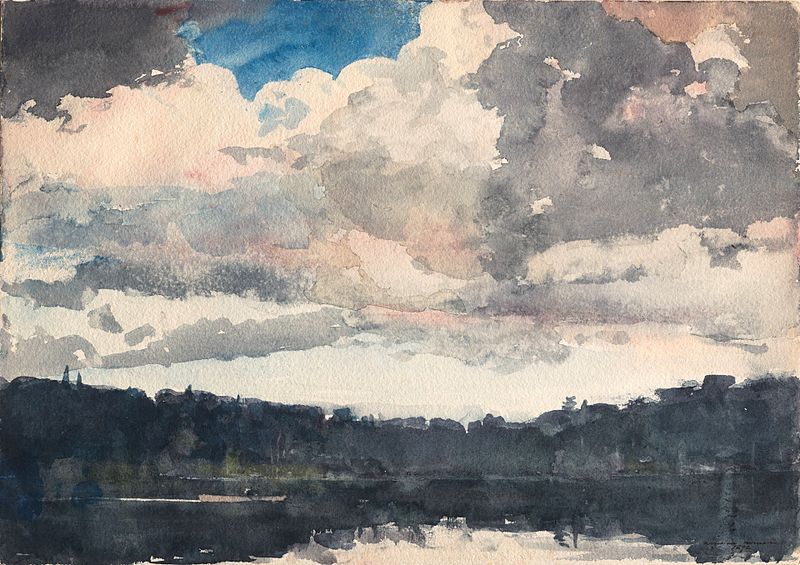





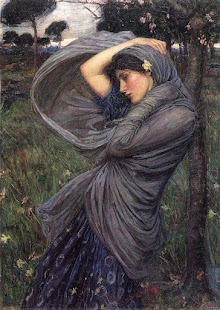














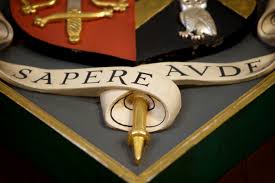


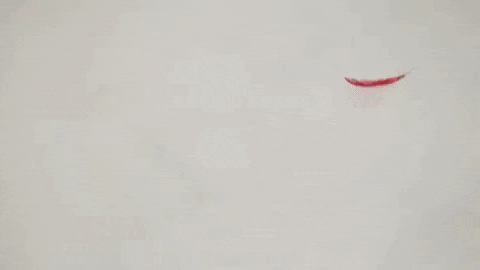



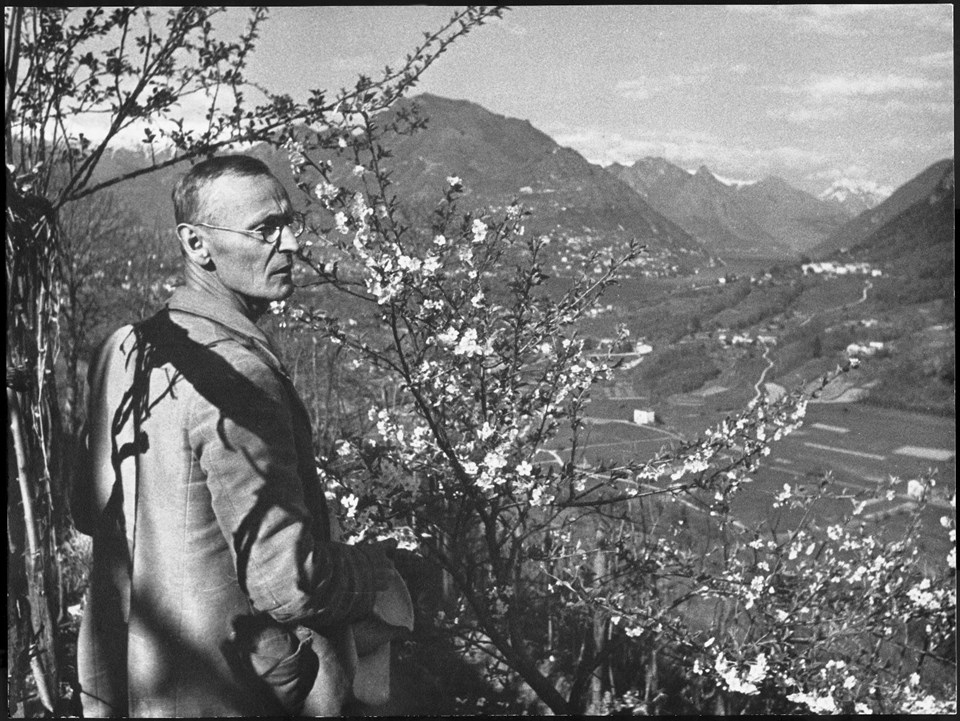


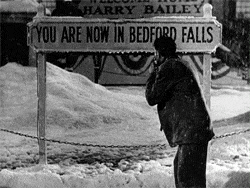







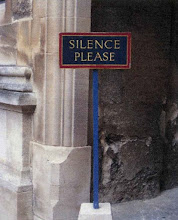









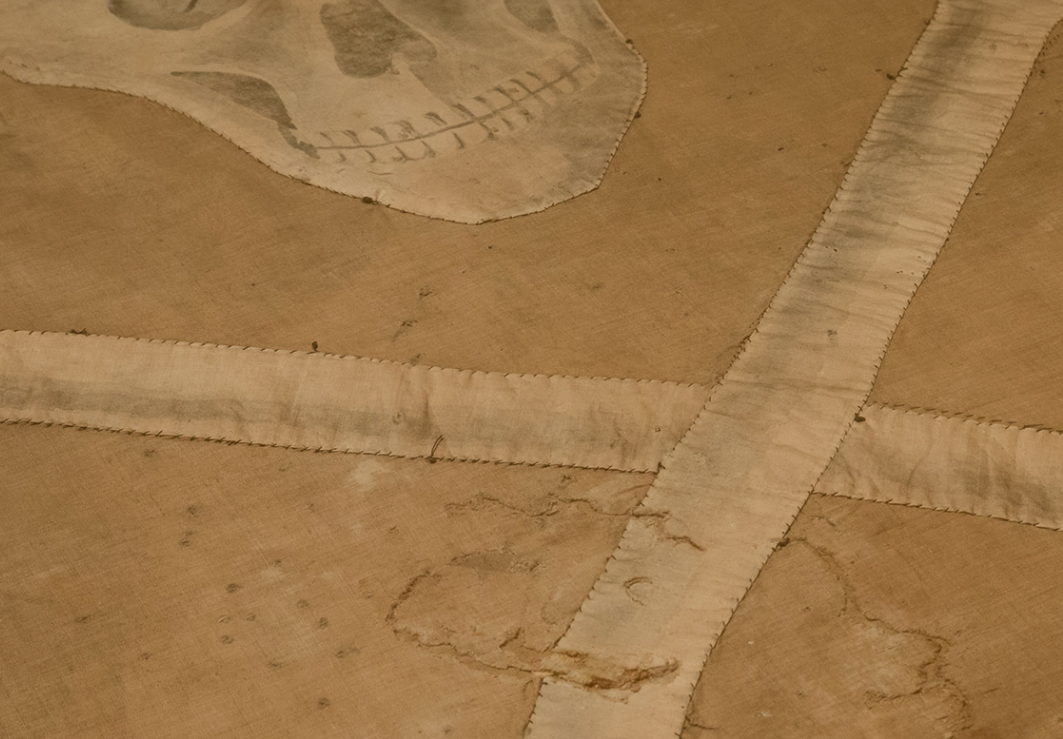

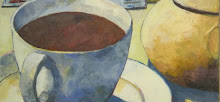
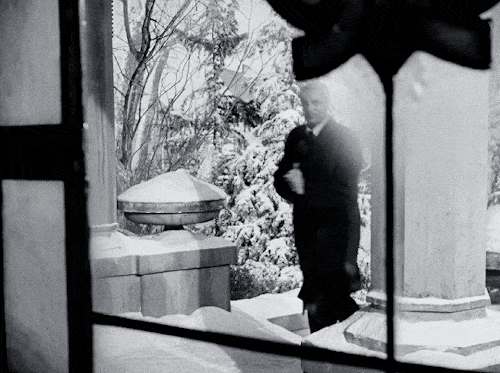
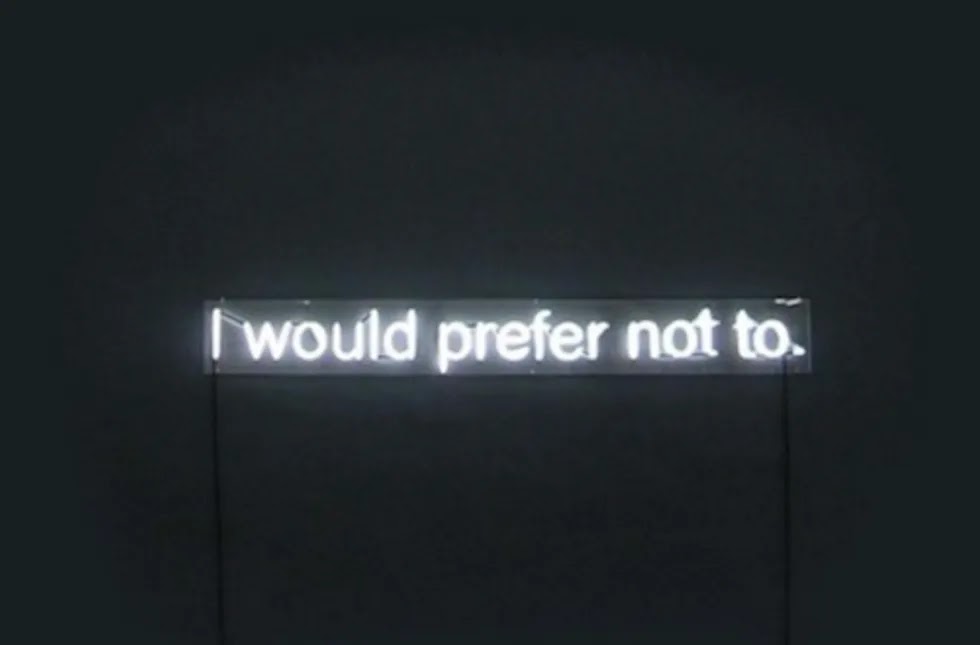

















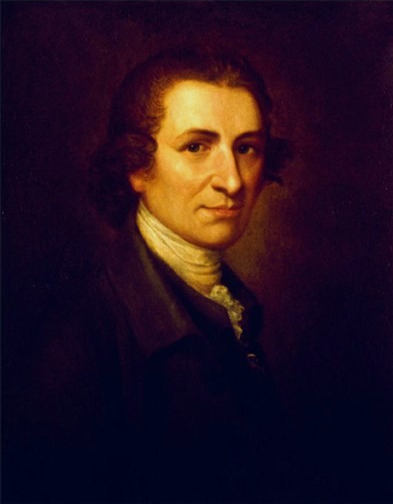


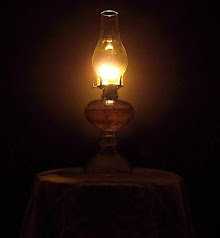







No comments:
Post a Comment